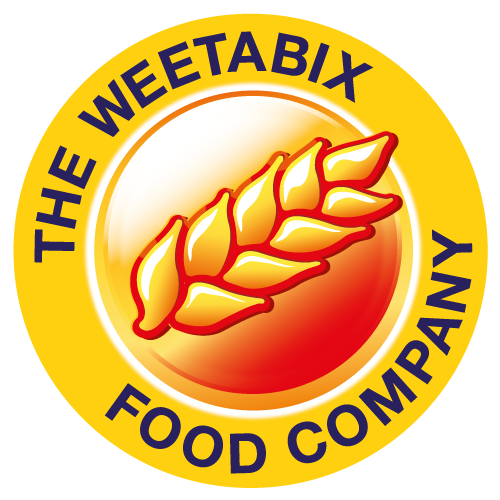Q&A with Lee Orbell
Environment manager at Weetabix and Chair of the Sustainability Steering Team
As Weetabix continues its journey to reduce its environmental impact, we sat down with Lee Orbell, Environment Manager and Chair of the Weetabix Sustainability Committee, to discuss the progress made and the challenges that lie ahead.
How did you come to work at Weetabix and chair its Sustainability Committee?
I'm actually in my second stint here. I first joined back in 1989 in research and development and had 11 fantastic years working on new products like Minis. After broadening my experience across technical and compliance roles outside the business the chance to rejoin Weetabix in 2015, initially as Health & Safety Advisor at Corby and then as Environment Manager from 2017. Three years in, we adopted a formal strategy to embed sustainability into our ‘business as usual’ mindset through a steering group I was humbled to be asked to chair.
Seven years on, what are you most proud of?
Our first achievement was capturing the full breadth of our activities and effort. We knew we were doing great things, but we didn't have the mechanisms to bring it all together. Publishing our first sustainability report was a huge milestone. Since then, we’ve made fantastic progress, and I feel real pride in representing a team of knowledgeable, intelligent, and passionate people who are driving this change.
The report marks a new phase in the journey, with the validation of your Science-Based Targets. What does this mean for the business?
It’s a massive step. We're now at a crossroads, moving from activities totally under our control to leading change amongst our suppliers, customers and consumers. Committing to the Science-Based Targets initiative (SBTi) adds real gravitas to our ambitions. It ties our greenhouse gas reduction targets directly to the Paris Agreement's goal of limiting global temperature rises. We’ve spent months gathering data, to set ambitious but validated targets for 2033 and net-zero by 2050. This is the real world now; we’ve made a public commitment, and it sets a clear, challenging path for the next phase of our journey.
What are the biggest challenges in meeting those targets?
There are three key areas that make up the bulk of our carbon footprint: the wheat itself, the energy we use to bake it, and the packaging it comes in. The work our team is doing with our farmers to understand and reduce the emissions from wheat is potentially our biggest milestone of the past year. As we look to 2030, our focus will be evolving the operations of our energy centre, considering the most viable alternatives to burning gas, i.e. biofuels, hydrogen, solar panels, wind, or other alternative energy sources. The longer-term focus will be to continue baking great breakfast biscuits, but using alternative toasting technology instead of gas). Finally, we must continue to innovate with our packaging to continue to work with our customers and consumers to reduce its impact even further.
And finally, what truly motivates you in this work?
I'm 55 now, and my children are grown up. Fundamentally, sustainability is about doing the right thing today so that the people of tomorrow—including my own children—can thrive. It gives me a huge sense of personal reward. What’s really exciting is that new talent joining the business is now asking about our sustainability work from day one. They have a real appetite for it. My job is to ensure they aren't disappointed and that we give them, and the generations to come, every opportunity to continue this vital work.
